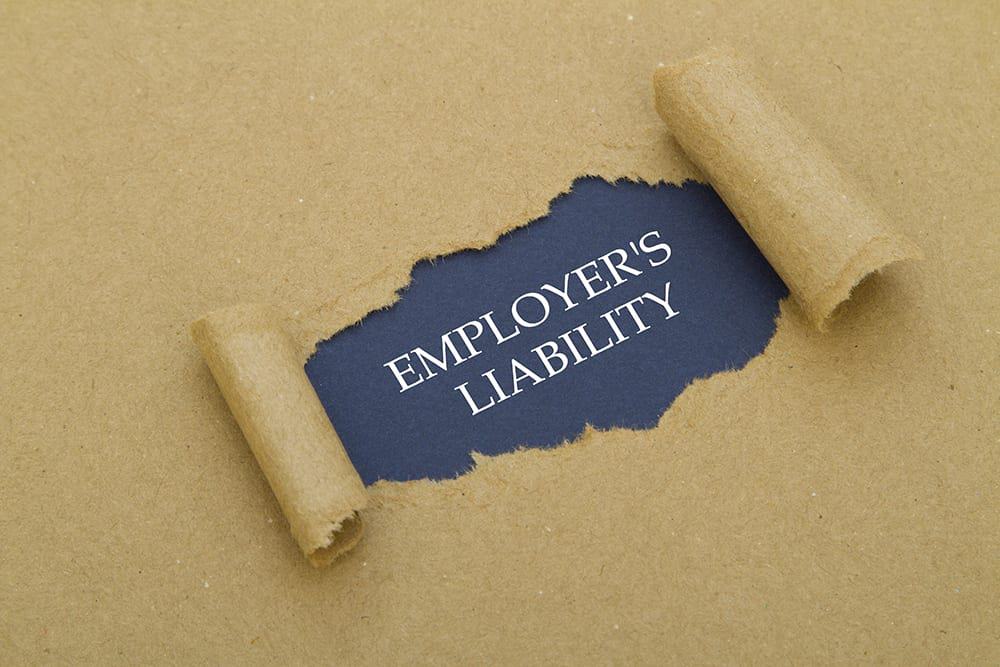Looking for Employers’ Liability Insurance?
If you run a business and have employees then in most cases by law you’ll need to have employers’ liability insurance. A type of business insurance, you can actually be fined £2,500 per day that you have employees, but no policy.
As an employer it’s your responsibility to make sure that the health and safety of your employees is protected during their working hours. If one of your employees injures themselves or becomes ill as a result of your workplace then they may make a claim for compensation which can have serious financial consequences for your business – and that’s not even including any legal or court costs either.

Employers’ liability insurance coverage
It can be financially devastating for some businesses if they should have to pay out compensation and legal costs to an employee if they become ill or injured while they’re working. For example, if there’s a fall or serious injury then the medical bills and fees can all add up quickly. Even though you’ll need to double check your employers’ liability insurance policy documents to see what’s covered, you can often receive protection for:
Reduce the risk of making an employers’ liability insurance claim

Employers’ Liability Insurance – Useful FAQs
There are some rare cases if a business only employs close family members such as spouse, children, grandchildren parents or grandparents, they may not need to take out a policy. While in this case you’re not legally obligated, lots of this type of employer still have a policy for financial security.
Yes
Once insured, you’ll receive a certificate of insurance. You’ll need to display this and have it easily accessible to any health and safety inspectors, otherwise you could be fined up to £1,000.
Yes, it is. It’s classed as an allowable expense so when you’re working out your taxable profit, you can deduct the premium costs. Speak to your accountant or financial advisor for more information.
Whether you have a mixture of short-term, full-time employees, manual staff or clerical employees, you’ll most likely need to provide your insurer with details of who works in your business and the type of roles they fulfil. This will help the insurer to estimate a more reliable monthly premium and ensure that you have the right level of cover.
It can be the case that an illness or injury can take time to show symptoms and the employee may no longer work for you, but still want to claim. If this happens, speak to your employers’ liability insurer and find out how they can cover you and the next steps. This type of employee is entitled to raise a claim, and legal aid may be able to help you to trace back and see the circumstances of their employment at the time.





